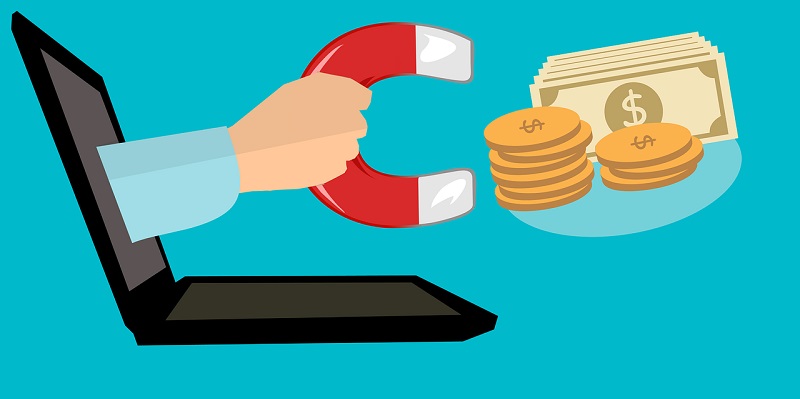In today’s highly competitive market, businesses are constantly searching for effective marketing strategies to attract and retain customers. Inbound marketing has emerged as a powerful approach that focuses on creating quality content to organically attract customers, convert leads into buyers, and establish long-term loyalty. This article will explore the importance of inbound marketing and its various stages, from attracting the target audience to engaging customers and exceeding their expectations.
Earn Customer Attention through Genuine Conversations
Inbound marketing starts with a targeted plan that aims to capture customer attention through conversations that feel genuine and beneficial. By understanding customer needs and pain points, businesses can tailor their content and engage in meaningful interactions that resonate with their target audience. This approach fosters trust and establishes a solid foundation for building lasting relationships.
Attracting the Target Audience: Making People Aware of Your Brand
The first stage of inbound marketing is to attract your target audience, especially if people are unaware of your brand. By creating valuable and informative content that addresses customer challenges, businesses can position themselves as authorities in their respective fields. Through careful keyword research and search engine optimization (SEO) practices, businesses can increase their visibility and attract potential customers who are actively searching for solutions.
Understanding How Potential Customers Search for Solutions
During the initial stage, potential customers embark on their research journey to find solutions. They rely heavily on search engines, social media platforms, and online communities to gather information and make informed decisions. By creating relevant and insightful content, businesses can capture the attention of these research-driven customers and establish themselves as credible sources of expertise.
The Art of Subtle Guidance
Engaging customers is crucial to the success of inbound marketing. By carefully crafting content that provides value and addresses customer concerns, businesses can guide potential buyers through their decision-making process. It is vital to remain neutral and subtle throughout this stage, allowing customers to feel empowered and in control. By prioritizing their needs and desires, businesses can build trust and ultimately influence their decisions.
Delighting Customers for Long-Term Loyalty
The final stage of inbound marketing revolves around surpassing customer expectations. By consistently delivering exceptional products, services, and experiences, businesses can delight their customers and foster loyalty. Going the extra mile and providing personalized support and after-sales service not only cultivates repeat business but also encourages customers to become brand advocates, promoting your products or services through word-of-mouth.
Tailored Content for Maximum Impact
Customers today demand content that directly applies to and benefits them. By leveraging data and analytics, businesses can gain insights into customer preferences and challenges, allowing them to create tailored content that resonates with their audience. From blog posts to videos, infographics to interactive tools, providing valuable and targeted content paves the way for heightened customer engagement and loyalty.
Unleashing the Power of Industry Experts
Influencers have become key players in the realm of inbound marketing. By featuring guest posts from industry experts, businesses can tap into their credibility and expertise, enhancing their own brand reputation and attracting a wider audience. For instance, if you are trying to sell flying cars, having guest posts from renowned NASA engineers or auto manufacturers can significantly boost your brand’s credibility and attract potential buyers.
Streamlining Processes for Enhanced Efficiency
Inbound marketing involves numerous tasks and activities, from content creation to social media management and email marketing. To streamline these processes and improve efficiency, businesses can utilize automation technology such as social media management tools and email marketing software. These tools not only reduce errors but also cut costs and free up more time and resources, allowing businesses to focus on building meaningful relationships with customers.
Inbound marketing has emerged as a powerful strategy for businesses to attract, engage, and retain customers. By focusing on creating quality content that addresses customer needs, businesses can establish themselves as trusted authorities and cultivate long-term loyalty. From attracting the target audience to guiding customers through their decision-making process and exceeding expectations, inbound marketing offers a holistic approach that nurtures customer relationships while achieving business growth. Embrace this transformative marketing approach and unlock your brand’s true potential in the digital age.

